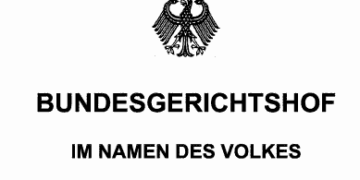Based on a mandate from last year and a recent request, I would like to point out today that advertising, even with slogans and customer promises, must be carefully considered. This is especially true when using text advertising, for example, via. Google Ads or by using slogans in your own store, homepage, flyers or similar positions.
In fact, the use can be critical from several cases. Keeping slogans short in order to be concise can quickly lead to a situation where a competitor threatens a warning letter for advertising with self-evident facts. For example, it is illegal to use slogans such as “2-year warranty” or “14-day money-back guarantee” (as an online store), as a consumer is already entitled to these rights by law. Other slogans such as “Free return shipping” can also be problematic, because even though it is now no longer a given under the right of withdrawal that the merchant must bear the cost of return shipping, there may be other situations where this is the case.
In principle, it is prohibited to emphasize all the rights to which a customer is already entitled under the law (even if subject to a condition) as a special feature of one’s own business. Current case law must also be taken into account. It would now be completely illegal to advertise that there are no fees for a certain payment method, unless this is not self-evident (such as for the use of an American Express credit card).
Incidentally, the Federal Court of Justice decided several years ago that it does not even matter whether the advertising statement is particularly prominent. Even the presentation of, for example, a store description or similar is sufficient for the limit to inadmissible advertising with self-evident facts to be crossed. The only exception to this is if it is communicated absolutely clearly, unambiguously and unambiguously that only the pure legal rights are reproduced.
Advertising should therefore be well thought out, not only from a marketing point of view, in order not to run into a warning trap.











































